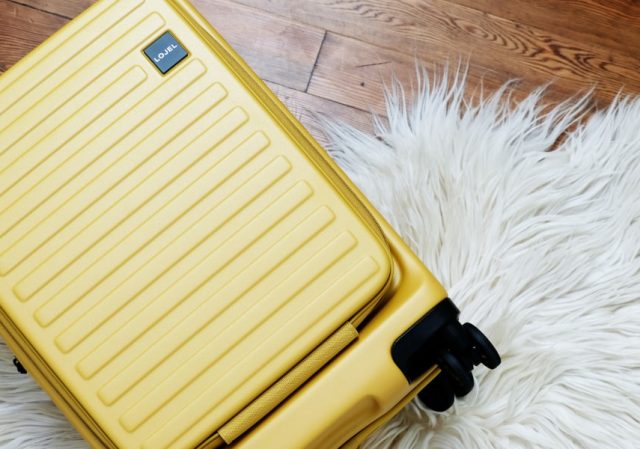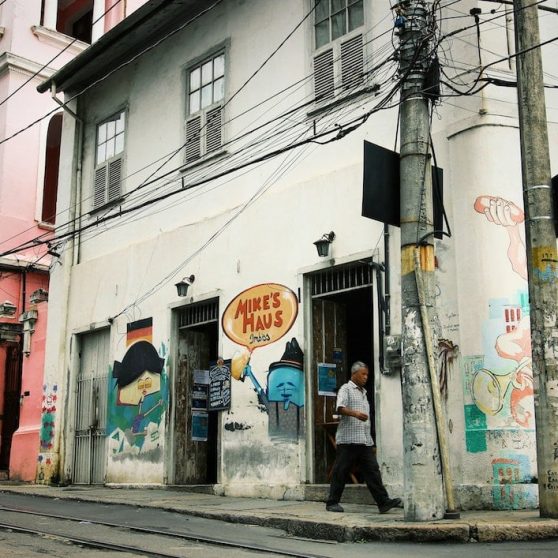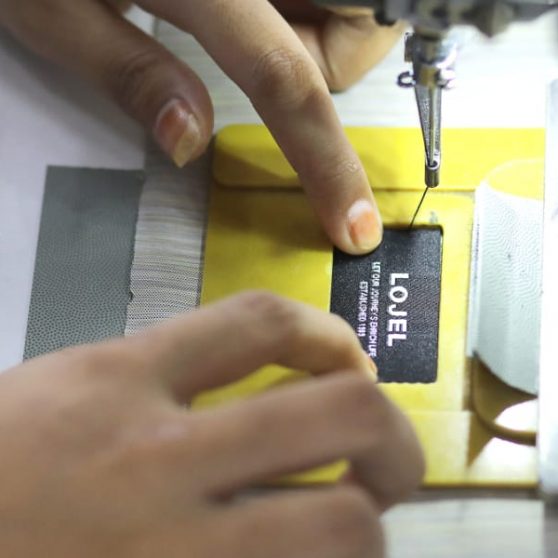What do you think about conscious consumerism? Are sustainability and quality important to you? If given the tools, would you be willing to fix something to keep it for as long as possible? These are the kinds of questions we are exploring at LOJEL regarding the concept of Design for Repair (DfR). Although it might seem that encouraging people to buy less is bad for profits, the opposite is true.
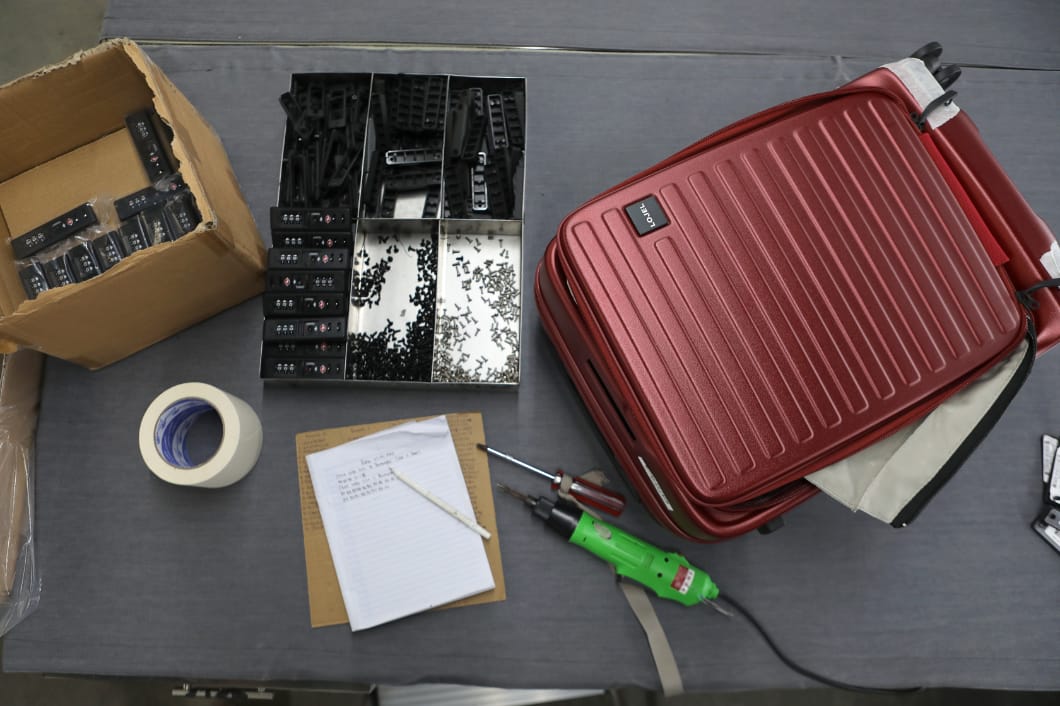
Conscious consumerism is still a developing trend in the world of retail. To some, buying items that are of good quality at a higher price is a priority. But nothing lasts forever. Or least, we can reasonably expect that it will wear down at some point. Enter the concept of DfR. Although it’s not a new idea, at LOJEL, we are increasing the longevity of our products and giving people the tools to fix their luggage.
At LOJEL, we are increasing the longevity of our products and giving people the tools to fix their luggage.
So why is Design for Repair important at LOJEL?
“DfR is about empowering people in a world where complex systems often reduce individual agency,” explains Kenzo Yoneno, our Creative Director.
“Whether you’re a current owner of any product or even a third owner, a product with repairability in its DNA means that each owner has agency to be able to maintain, fix and even improve the product over time.”
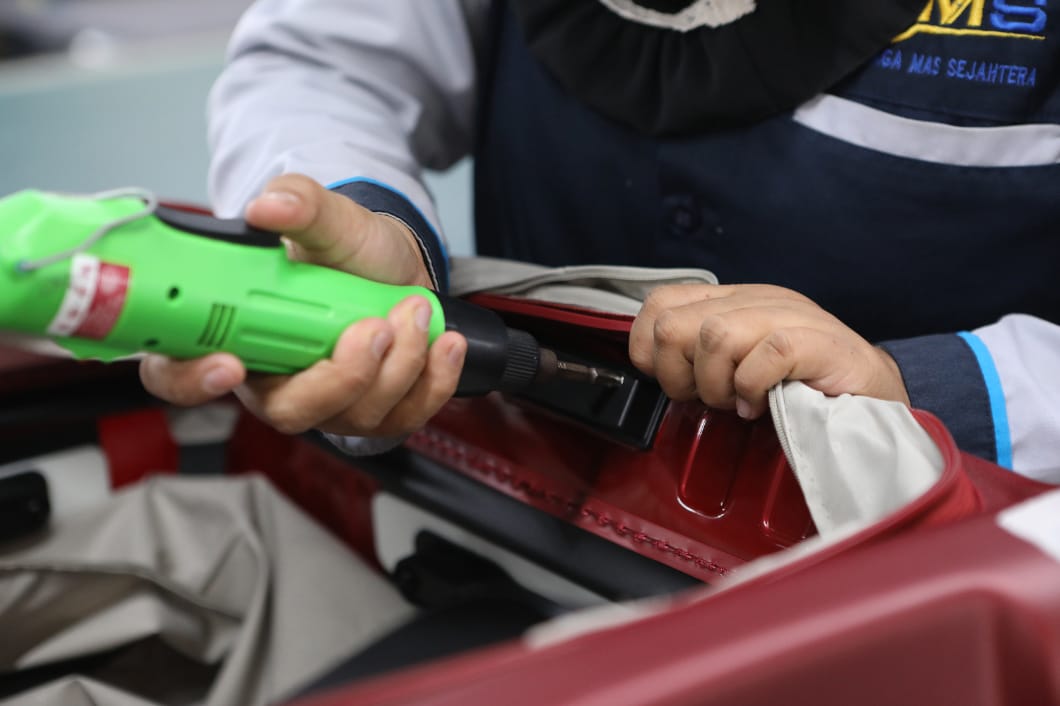
At LOJEL, we design all products with an “inside out” approach. We believe in our products’ physical and design integrity, which means we spend a lot of time prototyping. Every bag goes through rigorous quality control to ensure each component can withstand the demands of travel. This includes theoretical lab tests — dropping the bags, mileage tests on the wheels, durability tests on the handles, zippers, and fabric, and trials in different temperatures — along with real-world testing. But even the best testing strategy can’t catch everything.
While it certainly affects individual products, the way we see DfR at LOJEL is more like a system or process. We are pushing it forward across most parts of our business, from how we conceive of products in the first place, ordering and managing spare parts, through to making it easy to access support and resources through the lifetime of our products.
At LOJEL, we design all products with an “inside out” approach.
“No one needs reminding that life is unpredictable — no designer, engineer or quality test in a lab can anticipate the diversity of challenges that we go through every day or throughout a lifetime,” says Kenzo.
“Designing for Repair is to embrace the unknown, to empower people to creatively find utility for objects in ways we can’t even imagine now. When launching a new product, it’s important to see it as somewhat “unfinished” so that people can adapt it to their lives over time and complete the creative process.”
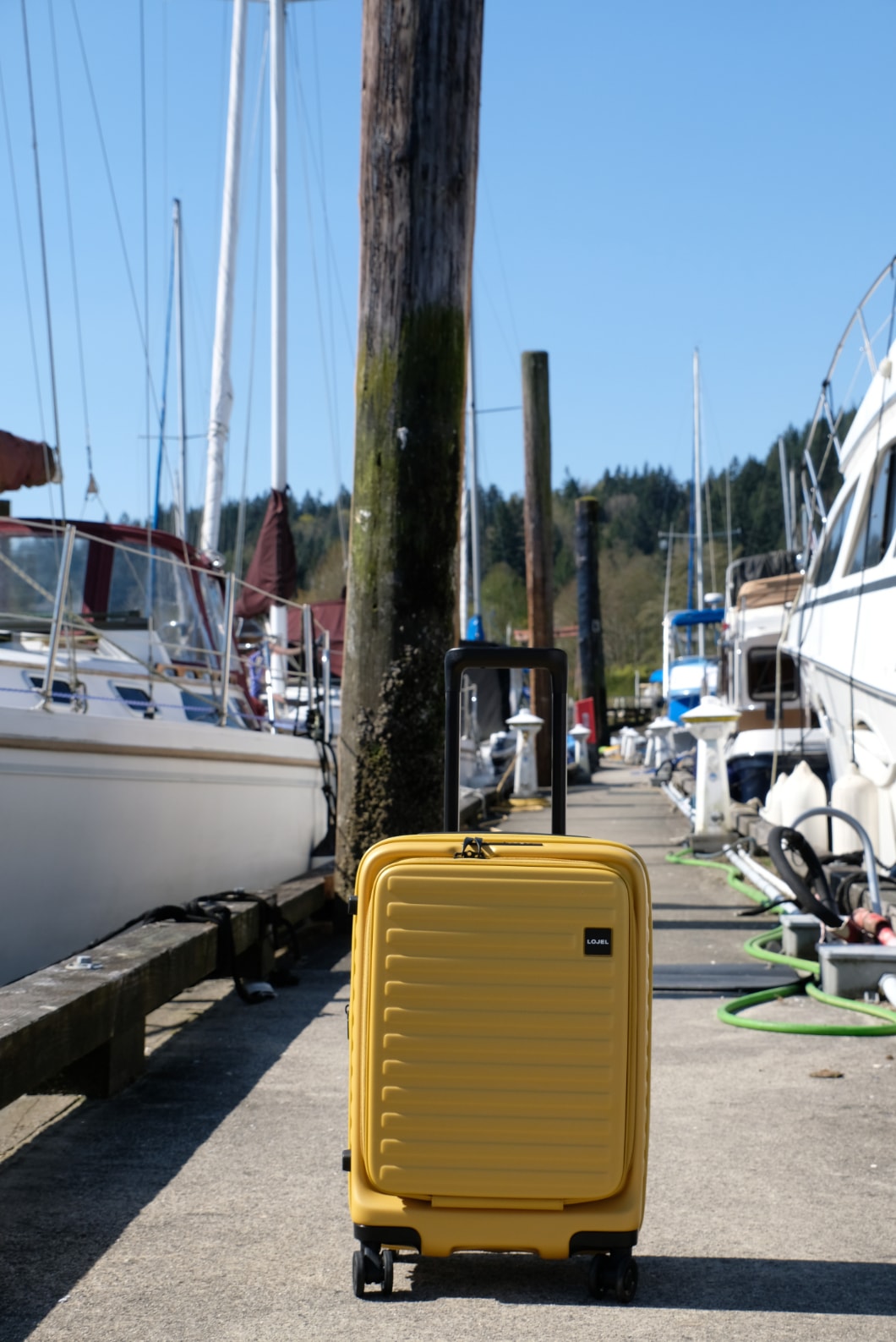
This is why the design process at LOJEL constantly evolves, and we involve our community to help us consider every product from a diverse range of angles. We recognize that even with the best intentions and processes, the demands and reality of travel can expose shortcomings. Our team is constantly at work to observe these changes and continually improve and empower you.
“The average lifespan of a mobile phone is just 18 months — many are deliberately unrepairable, and almost all are very complex and software-dependent. Whether we like it or not, the products we use form our expectations and outlook on how things should be,” explains Kenzo.
“By daring to honestly rethink why and how we solve problems, we can make the urgent changes that we are required to make in the 2020’s. But this is not only about how we make and sell things. Hopefully, this also provokes questions about our basic relationship with objects, including the ones we already own and imagining different ways to relate them. You don’t need to buy something from us, but hopefully, you’ll start to think differently about your possessions and future purchases.”

You don’t need to buy something from us, but hopefully, you’ll start to think differently about your possessions and future purchases.
Our team at LOJEL aims to create products that set a new standard in the travel goods industry for conscious consumption, waste reduction, and technical innovation. It’s inevitable: luggage breaks down with time and wear.
Take it from Kenzo, “Not every product we make right now is a perfect embodiment of the idea, but every new product we make needs to take us closer to that destination.”
–
by Sarah Tesla
